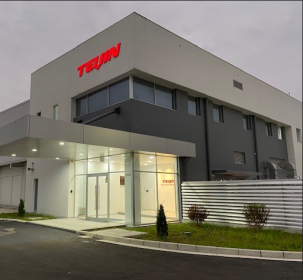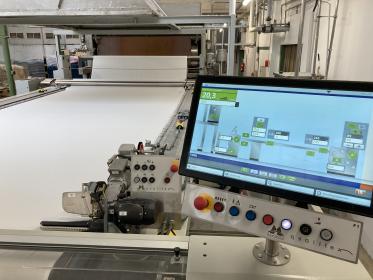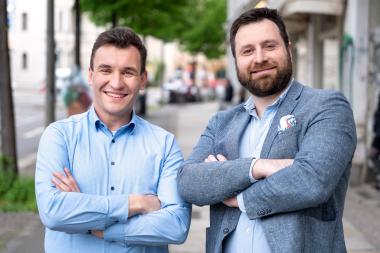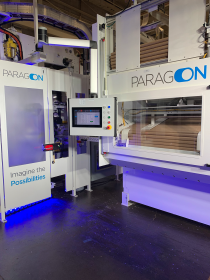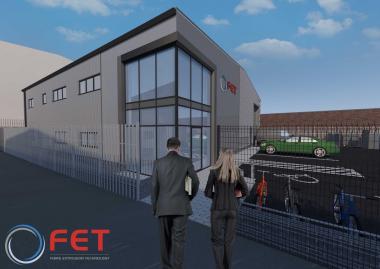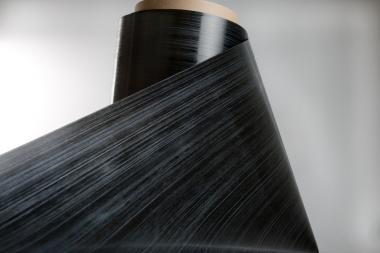ISKO joins the Ellen MacArthur Foundation’s Jeans Redesign project
ISKO, a global, leading premium denim ingredient brand, announced its participation in The Jeans Redesign – a project, established by the Ellen MacArthur Foundation’s Make Fashion Circular initiative, to encourage and guide the denim industry to transform the way jeans are made and move towards a circular economy for fashion.
ISKO meets the requirements for participation set by The Jeans Redesign guidelines and has made a commitment that 85% of its entire fabric production will consist of recycled material content made from pre-consumer and post-consumer recycled materials. This production will be independently verified by Textile Exchange audit bodies.
This achievement is made possible using ISKO’s R-TWO™ technology which is created through a patented and exclusive yarn spinning technique that retains the unique properties and benefits found in ISKO’s statement fabrics. ISKO’s R-TWO™ is the embodiment of its Responsible Innovation™ mindset and aligns with the principles of a circular economy espoused by the Ellen MacArthur Foundation – to ensure durability, material health, recyclability and traceability. R-TWO™ positions ISKO as a sustainability leader and enables it to exceed the project guidelines to create denim that is designed to be used more, made to be made again and made from safe and recycled or renewable inputs.
Isko
menabo for ISKO












